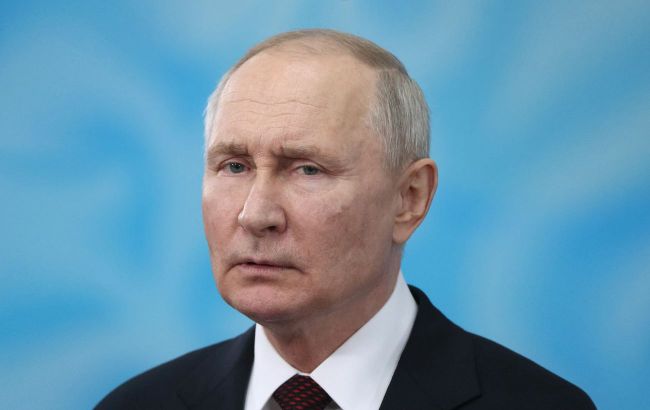US sanctions undercutting Russia's influence in Balkans — Bloomberg
 Photo: Vladimir Putin (Getty Images)
Photo: Vladimir Putin (Getty Images)
Following the imposition of US sanctions against Russia, the Bulgarian government confiscated the Neftochim facility and other Lukoil assets. Meanwhile, the Serbian government is considering the possibility of acquiring the oil and gas company Naftna Industrija Srbije AD from its Russian owner, Gazprom, according to Bloomberg.
Before the US sanctions were imposed, Lukoil owned the largest oil refinery in Bulgaria.
After the sanctions were imposed, the government decided to confiscate the Neftochim facility near the Black Sea and other Lukoil assets. Shareholders were stripped of all rights, and an administrator was appointed to negotiate a potential sale.
According to Bloomberg, the parliamentary committee took only 26 seconds to cancel 26 years of ownership and approve the move ahead of the US deadline for a decision.
Meanwhile, in Serbia, the government is considering buying out the oil and gas company Naftna Industrija Srbije AD, taking control of the Russian-owned PJSC Gazprom.
Serbian President Aleksandar Vučić wants to avoid nationalization, but he needs to convince Washington of his intention to sever ties with Gazprom to avoid sanctions.
"The core of Russia’s influence is built upon energy domination through oil and gas, remains of the Soviet times that weren’t broken for years. Much of this is now gone. These are the last breaths, which is why they cause so much anxiety," says Ruslan Stefanov, chief economist at the Center for the Study of Democracy in Sofia.
According to Mario Bikarski, senior analyst for Europe at research company Verisk Maplecroft, once attempts to oust Russian oil giants from Bulgaria and Serbia are complete, this will help neutralize the influence of Vladimir Putin.
US sanctions against Russian oil companies
In October, the US announced sanctions against Russia's two largest oil companies, Rosneft and Lukoil, as well as 36 of their subsidiaries.
The sanctions are aimed at putting pressure on the Russian energy sector and limiting the revenues that the Kremlin uses to finance the war and support the economy.
The US Treasury Department says the sanctions against Rosneft and Lukoil have already reduced Moscow's revenues and are likely to reduce Russian oil sales in the long term.
After the sanctions were announced, several EU countries where Lukoil's refineries are located began looking for solutions to prevent the plants from shutting down.
In particular, the Bulgarian parliament allowed the government to appoint a new head of the refinery. The plant may be nationalized and then sold to new owners. At the same time, Romania is seeking to have the US postpone the sanctions.
Lukoil also recently reported a force majeure at the giant West Qurna-2 oil field in Iraq and suspended its operations.
In addition, Moldovan officials are discussing with Lukoil the possibility of purchasing the company's facilities at Chisinau Airport. The Russian company has been offered to sell its airport infrastructure, including an aviation fuel depot.

